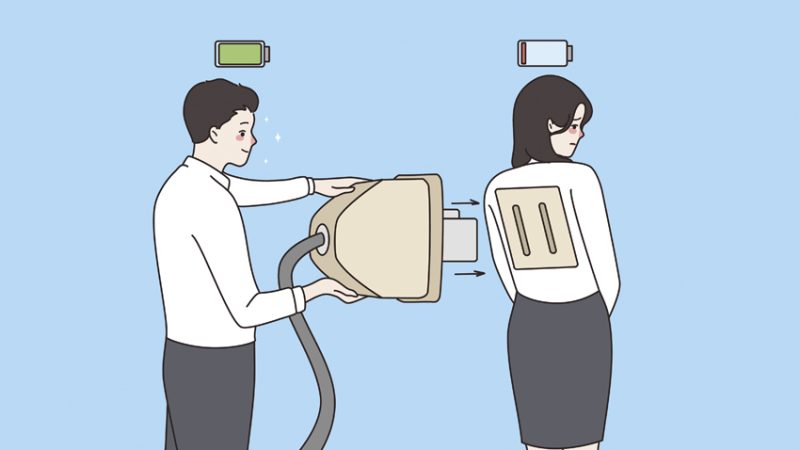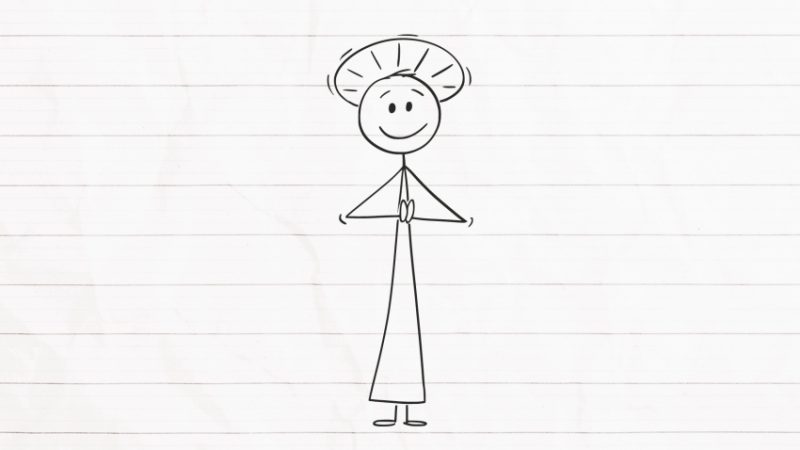Instructional coaching – A tailored approach to teacher development

Leyla Palmer of Windsor Academy Trust tells us why instructional coaching may well be the CPD delivery mechanism you’ve been looking for…

- by Leyla Palmer

Schools across the country are often faced with the difficult challenge of ensuring that their teacher CPD is impactful. But what does impactful CPD look like?
With our long history as a provider of CPD, we’ve carried out a considerable amount of research in this area to try and answer that age-old question, and better understand what really makes for effective and meaningful CPD.
Closing the loop
We’re well aware of the difficulties school leaders will often grapple with when it comes to CPD. All too often, you’ll hear teachers remarking on how regular whole school CPD is often poorly aligned to their subject-specific and individual needs. Most school leaders are conscious that this type of CPD often fails to close the loop in terms of teachers actually going away and implementing what they’ve ‘learnt’ in their own classrooms.
Instructional coaching is an approach that aims to address the issues often associated with traditional teacher CPD, and allow for a greater degree of individualised and subject-specific training.
A core principle of instructional coaching is that trained coaches work individually with teachers to develop their expertise. A coach will regularly drop in on a teacher’s lessons for around 10 to 15 minutes, and identify a bite-sized area for improvement. They will then consider what the ideal outcome for that teacher would look like, and identify this as the teacher’s ‘target performance’.
Through a subsequent conversation between coach and teacher, the teacher will then move from their current performance to the target performance by practising the identified classroom strategy, with support and direction from the coach, in a process referred to as ‘deliberate practice’.
This allows teachers to close the knowing/doing gap, enabling them to overcome existing ingrained habits and adopt new behaviours, thus closing the loop between theory and implementation.
Productive discussions
Instructional coaching seeks to impart contextual and pedagogical skills and knowledge to those teachers being coached based on where they’re currently at, rather than assuming a one-size fits-all model – as is so frequently the case with generic, whole school CPD approaches.
Everyone, from trainee teachers right up to highly experienced practitioners, can benefit from this form of coaching. What’s important to note, however, is the approach the coach adopts will be specifically tailored to the skill level, experience and existing expertise of each respective teacher.
Generally speaking, coaches are more likely to adopt a more facilitative approach when working with experienced practitioners. With junior and relatively inexperienced teachers, a more directive- based approach will be more effective. Allowing the resulting coaching conversations to fall somewhere between the two ends of this spectrum allows for input from teachers and more productive discussions.
Teachers thus retain opportunities to demonstrate autonomy and creativity, while coaches acknowledge and respect that teachers know their students and understand their specific classroom context.
Getting started
I was looking for an approach that could drive forward our teacher performance, while transforming our teachers’ and leaders’ thinking around how this might be achieved.
Having engaged with a great deal of research around instructional coaching from Dr Sam Sims and Steve Farndon, and having seen Jon Hutchinson (director of training and development at the Reach Foundation) present a talk on the topic during a Future Leaders conference, I wanted to explore how we might introduce instructional coaching at my school.
This led me to launch a pilot programme, which saw us share the vision and research around the initiative with other senior and middle leaders in order to gain buy-in.
The next step involved identifying and training a team of teachers to become expert coaches, as well as finding solutions to various practical and logistical complexities. Where would we find the time to do this? What ongoing support could I provide the coaches with, and what resources would we need? Those were just some of the questions that needed addressing prior to the pilot’s launch.
‘Cringey, but vital’
In common with many of the coaches who took part in the pilot, I personally found the approach’s deliberate practice aspect to be the most challenging. My first attempt at acting out a suggested strategy with a coachee ended up feeling really awkward at first.
That said, we have since received positive feedback on our instructional coaching pilot programme from the coaches and teachers involved, and observed a noticeable impact on teacher effectiveness in lessons. This prompted us to scale up our instructional coaching approach from being simply school-wide, to one encompassing the entirety of our school trust. At the time of writing, I’ve just completed our first five months of implementation.
There were numerous considerations to make when doing this. One priority was to be aware of individual school contexts. For example, larger schools tend to require a staggered, term-by-term approach to one-to-one coaching, where weekly one-to-one sessions usually aren’t possible due to the sheer volume of coaches required.
Whole school, teacher deliberate practice was then built into staff meeting time, further developing the coaching culture. We also needed to ensure that we effectively trained our teams of coaches in each school before implementation.
To assist with the latter, we enlisted the support of Jon Hutchinson, who delivered three bespoke coaching training sessions for our coaches during the first term of implementation. As one coach put it, “The training on identifying action steps with the highest leverage has really helped me to focus on targets that really move practice forward.
“Deliberate practice is cringey, but it is vital We are now comfortable with it, and can see how it prepares us to do it for real. It means that we can approach different actions in the classroom with confidence.”
No silver bullet
School leaders leading the charge on this alternate approach to CPD across our schools have had to ensure their coaching pairings are well thought out.
It’s critical that these are built upon trusting relationships, where teachers feel safe to practice with their coach, without fear of judgement or any negative repercussions. We’ve further found that pairing coaches with teachers who share their subject specialisms has allowed for greater subject specificity in the ensuing coaching conversations.
There’s no silver bullet for the complexities associated with teacher CPD, and I would stress that instructional coaching is definitely no ‘quick fix’, since it involves different challenges of its own. To ensure it has a fighting chance of being effective, schools have to allocate sufficient time for the implementation process, and ultimately decide for themselves which elements of their prior CPD approach have to go in order for the new method to be successful.
Looking ahead, our next steps will involve refining our approaches to instructional coaching, and utilising feedback to inform our future practice. We’re also in the process of designing a coaching programme for our professional services teams, and have high hopes for the impact this will subsequently have across our family of schools.
Leyla Palmer is head of professional learning and talent at Windsor Academy Trust; to find out more, visit windsoracademytrust.org.uk or follow @WinAcadTrust







